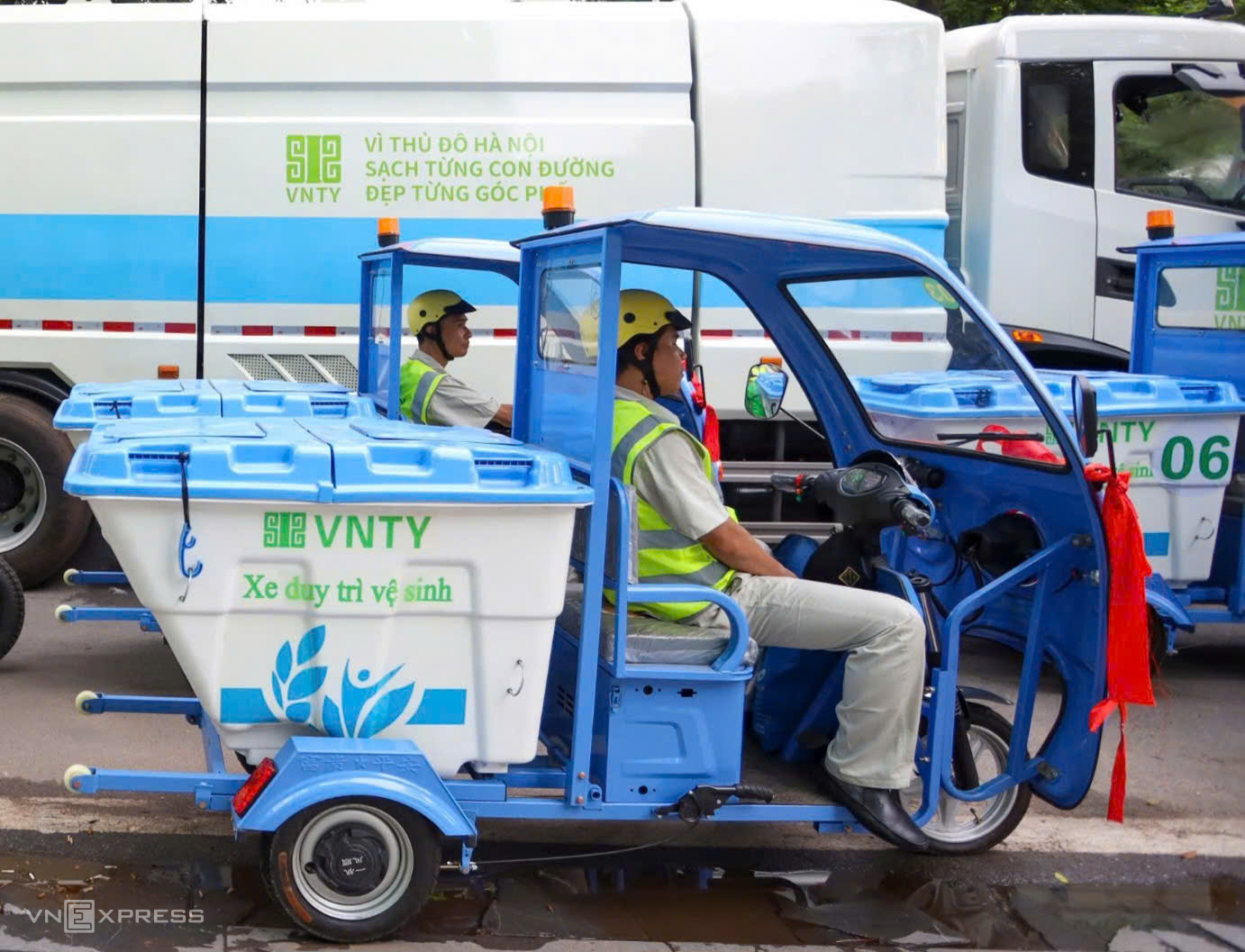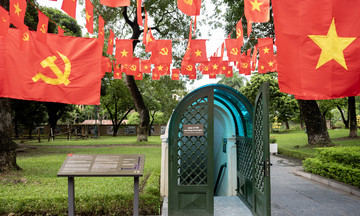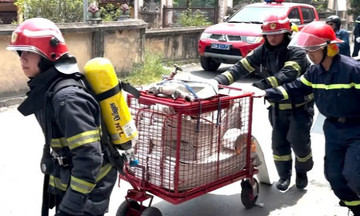Hanoi is seeking public and stakeholder feedback on a draft regulation for household solid waste collection, transportation, and treatment services.
Currently, garbage collection fees are based on Decision No. 54 dated 31/12/2016. Residents in urban districts pay 6,000 VND per person monthly (equivalent to 24,000 VND per household monthly). Those in rural communes pay 3,000 VND per person monthly (12,000 VND per household monthly).
The city proposes the following fee increases: urban districts will see a rise to 21,000 VND per person monthly in 2025 and 43,000 VND in 2026. Rural communes will increase to 10,000 VND in 2025 and 23,000 VND in 2026.
For agencies, organizations, production facilities, businesses, service providers, concentrated production and business zones, and industrial clusters, the fee is 1,175 VND per kg based on the actual weight of generated waste.
 |
New garbage trucks deployed in Hanoi's central area. Photo: Pham Chieu |
Hanoi states that the current fees do not cover the actual costs of collection, transportation, and treatment of solid waste according to established procedures and norms.
The Department of Finance reports that total fee collection in 2024 reached nearly 568 billion VND, while the total expenditure for solid waste management was almost 2,300 billion VND (4 times higher). In recent years, the city budget has allocated substantial funds to solid waste management.
Hanoi's fees are also lower than those in other provinces and cities with similar economic and social conditions. For example: in Ho Chi Minh City, the monthly household garbage collection fee is 84,000 VND; Hai Phong, 40,000 VND; Hung Yen, 60,000 VND for urban districts and 40,000 VND for rural communes; Da Nang, 30,000 VND; and Quang Nam, 30,000 VND.
Hanoi cites Clause 6, Article 79 of the 2020 Law on Environmental Protection, which stipulates that households and individuals must pay for solid waste collection, transportation, and treatment based on the weight or volume of sorted waste.
Based on these reasons, the city believes that a gradual increase in garbage collection fees is necessary to reduce the burden on the state budget. It will also encourage residents to minimize waste generation and promote community responsibility as the city moves towards fee collection based on waste volume.
According to Hanoi's Department of Agriculture and Rural Development, the city generates approximately 7,500 tons of household waste daily. Two waste-to-energy plants, Thien Y (Nam Son landfill) and Seraphin (Xuan Son landfill), are operational with a combined capacity of over 6,200 tons per day, generating 120MW of electricity.
Vo Hai












